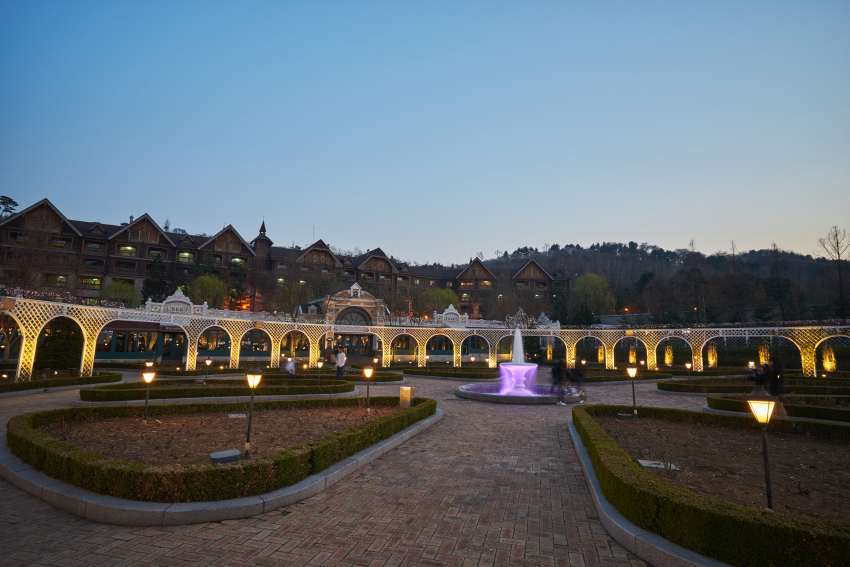Bahrain's Sustainable Surf Park: A Test Case for Green Tourism or Greenwashing?
Bahrain's groundbreaking surf park project promises to merge tourism development with environmental sustainability, but raises important questions about resource use in water-stressed regions. The development will test whether artificial surf facilities can truly achieve a balance between recreational appeal and ecological responsibility.

Architectural rendering of Bahrain's planned sustainable surf park featuring Wavegarden Cove technology
A Bold Vision for Sustainable Tourism Raises Questions About Environmental Impact
Bahrain's ambitious new Surf Park project, while promising economic growth and tourism development, presents an interesting case study in the complex balance between environmental sustainability and recreational development in the Gulf region.
The Promise of Sustainable Innovation
The kingdom's groundbreaking surf park project, utilizing Spain's Wavegarden Cove technology, aims to position itself as a model of sustainable tourism. The facility promises to generate 1,000 waves per hour while incorporating energy-efficient technologies and water conservation measures.
'This project represents our commitment to broadening sector diversity while maintaining environmental responsibility,' states His Excellency Shaikh Abdulla bin Khalifa Al Khalifa, though specific sustainability metrics remain undefined.
Environmental Considerations and Challenges
While the development touts its green credentials, environmental experts raise important questions about the energy and water demands of artificial wave generation in one of the world's most water-stressed regions.
- Water consumption impacts in an arid climate
- Energy requirements for wave generation
- Effects on local coastal ecosystems
- Carbon footprint of increased tourism
Economic Benefits vs. Environmental Costs
The project promises significant economic benefits, including 1,000 temporary construction jobs and permanent positions in hospitality and operations. However, this must be weighed against potential environmental impacts.
Local environmental groups advocate for stronger oversight and transparent sustainability reporting to ensure the project truly delivers on its green promises.
A Model for Future Development?
As coastal regions worldwide grapple with sustainable tourism development, Bahrain's surf park could serve as either a cautionary tale or a blueprint for environmentally conscious recreational facilities.
The success or failure of this project's sustainability initiatives may influence future developments across the Gulf region and beyond.
Rachel Whitman
Rachel L. Whitman is a political columnist and investigative journalist based in Washington, D.C. Her writing focuses on democratic resilience, civil rights, and the intersection of technology and public policy. With a background in law and public affairs, she brings sharp analysis and a deep commitment to progressive values.
